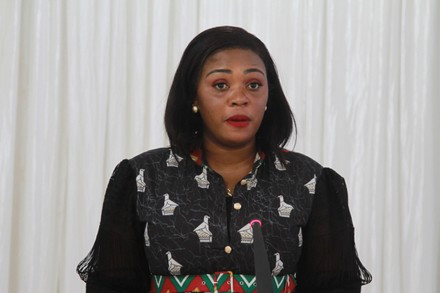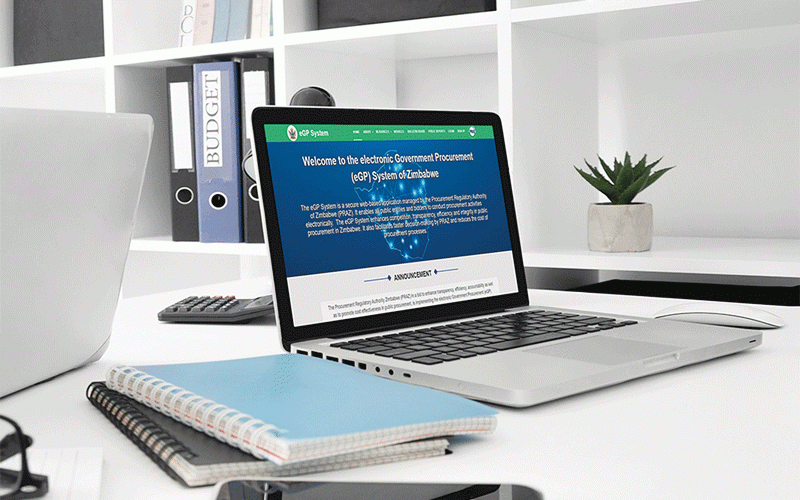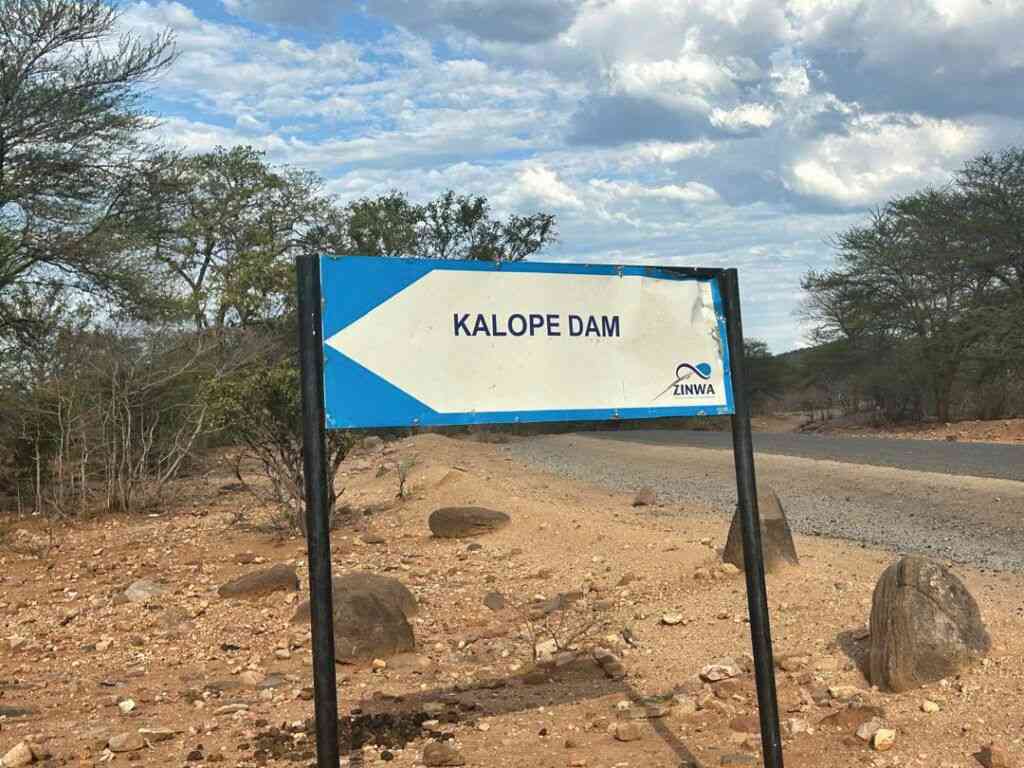
WHEN delegates at the 6th Privacy Symposium Africa in Harare (November 19–21) were asked to translate artificial intelligence (AI) into their native languages, the silence was deafening.
It underscored the current challenges Africa faces in fully realising AI’s potential.
Organised by Unwanted Witness (UW), a Ugandan civic society organisation, in partnership with the Media Institute of Southern Africa, the symposium aimed to foster dialogue around data protection and privacy in Africa.
As AI is forecast to contribute US$15,7 trillion to the global economy by 2030, Africa is positioned to benefit significantly. Yet realising this potential demands overcoming barriers, including fragmented regulations, data privacy concerns and inadequate infrastructure.
“Issues like bias in AI systems, regulatory challenges and data privacy concerns mean we need proper oversight and governance.
That’s where corporate leaders and policymakers come in to ensure AI is used responsibly and ethically.
If we get it right, Africa can weave AI into its unique social and economic fabric, unlocking sustainable growth that’s both innovative and culturally grounded,” said Amaka Ibeji, an AI governance expert and founder of PALS Hub.
Africa lacks a unified framework to manage AI’s opportunities and risks.
- Ndiweni slams 2022 census outcome
- Albert Nyathi poetry delights Kenya
- Ndiweni slams 2022 census outcome
- Corruption watch: Zimbabwe has become a Chinese outpost
Keep Reading
Lucianna Thuo, a technical specialist with the Electoral Law and Governance Institute for Africa, highlighted the continent’s slow progress:
“At the moment, we have a global compact addressing digital issues and the African Union (AU) has followed suit with a similar mechanism. But it does not specifically address privacy and election issues. Conversations at the regional level are focusing on how Africa can unite to develop a cohesive approach.
The European Union (EU), for instance, has created such an instrument.”
The absence of a robust, pan-African regulatory framework threatens to stifle economic growth and jeopardise efforts to use AI for social equity.
Ibeji elaborated: “For starters, without clear, tailored regulations, people are more vulnerable to privacy violations, data misuse and algorithmic bias. On the business side, uncertainty can deter innovation. Companies and start-ups may hesitate to invest in AI because they lack clear guidelines.
“Then there’s fragmentation. If every African country adopts its own rules, it creates confusion and hampers the scaling of AI solutions across borders. Data governance is another concern. Without strong, Africa-specific regulations, foreign companies can exploit our data, extracting value from the continent without giving much back.”
Despite these hurdles, AI holds immense promise for Africa.
The technology could address long-standing issues in agriculture, healthcare and education.
Ibeji emphasised these possibilities: “What’s exciting is how AI can tackle some of Africa’s unique challenges.
For instance, it can support smallholder farmers with predictive analytics tailored to local climate patterns, enhance healthcare access through better diagnoses in rural areas and help to interpret indigenous languages to make technology more inclusive.
These solutions align directly with our local needs and that’s a massive advantage.”
However, realising these opportunities requires significant investment in infrastructure.
“Broadband connectivity must improve. Fast, reliable internet is non-negotiable if we are to unlock AI’s potential. Robust ICT architectures and secure digital identity systems are essential to establish a solid foundation for AI applications,” she said.
“Access and affordability are equally crucial. And it’s not just about having the technology; it’s about designing applications with local communities in mind. Considering linguistic and cultural context makes tools relevant and usable for people across the continent.”
Africa can draw inspiration from global frameworks.
Thuo noted efforts to create a unified instrument at the AU level, which could inform national legislation.
“About following the EU model or developing our own, the better question is: what standards and values do we want to embed in a regulatory framework? These should serve as guiding principles rather than rigid rules that could stifle AI’s evolution.”
Thuo stressed the importance of home-grown solutions: “How do we inject our own experiences and perspectives into the AI space? Many models from Europe and the United States aren’t tailored for the African market. Regulating what someone else has created won’t work for us.”
While borrowing insights from frameworks like the EU’s General Data Protection Regulation, Africa must adapt them to its specific contexts.
“The EU model is commendable for its safety orientation. Similarly, China’s approach — imposing restrictions on children’s digital access — reflects a focus on safeguarding values. Africa should adopt a value-driven model,” she said.
“For a long time, Africa has been brought into decisions made elsewhere. With AI’s evolution, developers need us as much as we need them. They have the technology; we have the data and numbers. Moving this conversation forward requires acknowledging that everyone brings something to the table.”
Ibeji underscored the urgency of ensuring data sovereignty and security: “We need strong laws governing how data is collected, stored and processed — laws tailored to local needs but aligned with global best practices.
Investing in local data centres and AI facilities is critical to reduce dependence on foreign systems, keeping our data within our borders and under our control.
“Cybersecurity is another priority. Robust measures must protect sensitive information from breaches or misuse. Collaboration among African nations is key. By working together, we can create shared standards and a unified approach to data sovereignty and security.”
Tailored approaches to AI regulation offer unique opportunities for Africa. Ibeji highlighted how proper frameworks could attract investment:
“With the right legal structures, governments can create an environment that draws local and foreign investment into AI technologies. This is crucial for driving innovation and boosting productivity across sectors like healthcare, agriculture and education.”
She also pointed to the potential for promoting social equity: “Ethical guidelines ensure AI systems are fair and accountable, reducing biases and preventing marginalised groups from being left behind. Tailored regulations can make AI solutions reflect Africa’s diversity, building trust and fostering social cohesion.”
However, poorly designed regulations can hinder innovation.
“One-size-fits-all frameworks won’t work for Africa’s diversity. Policymakers must strike a balance — fostering innovation while protecting public interests,” she said.
Thuo agreed: “AI is evolving rapidly, like all technology. We must constantly ask whether we aim to regulate or standard set, because the more you are trying to regulate, the more you are going to be behind the times. Innovation always outpaces the law.”











